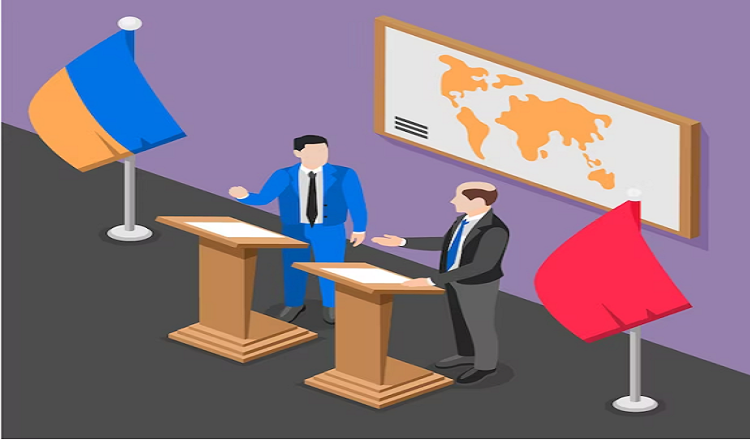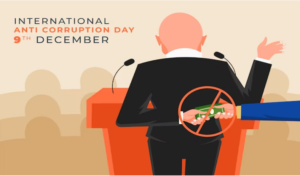Investigating the ethics of political lobbying and cronyism

Introduction
Concerns have been made about the ethics of lobbying and cronyism in politics, which have become more common in recent years. Many people think that political lobbying and cronyism hurt the ideals of democracy and lead to corruption, favouritism, and unfairness. The goal of this piece is to look into the morality of political lobbying and “cronyism” and to look at how they affect society and government.
How Political Lobbying Works
Political lobbying is when people or groups try to change the choices and policies made by the government. Lobbyists may work for interest groups, businesses, or even individual people. They try to get politicians and lawmakers to support their interests in different ways. Some of these strategies are giving money to the cause, setting up grass-roots campaigns, giving advice and information, and using personal connections.
The pros and cons of lobbying in politics
Lobbying for political change can be helpful in making policy, but it can also lead to bad behaviour and bias. On the one hand, political lobbying is a good and important way for people and groups to tell policymakers what they think and what worries them. Lobbyists can give important information and advice on complicated problems and help make sure that policy decisions take into account the needs of many different groups.
On the other hand, political lobbying can also lead to conflicts of interest and unfairly tilt the scales in favour of strong interests. Lobbyists with money and ties can use their power to sway policymakers and get special treatment, while regular people may be left out of the process. This makes me wonder a lot about how fair the governing process is and how much money and power matter in politics.
Cronyism’s Growth
Cronyism is the act of giving government jobs, contracts, or other benefits to people you know, like, or are related to. Cronyism can look like a lot of different things, like favouritism, corruption, or theft. Even though corruption has always been a part of politics, it has become more common and had a bigger effect in the last few years.
Corruption and favouritism
Cronyism can lead to cheating, which hurts the rule of law and people’s faith in the government. When political jobs or contracts are given out based on personal ties instead of merit or other objective factors, it can give some people or groups an unfair advantage. This can make people angry and make them less likely to believe the government. It can also hurt the credibility of government institutions.
Cronyism’s Costs to the Economy
Cronyism can also hurt the economy because it can change the way the market works and lead to results that aren’t fair or efficient. When the government gives special treatment to some businesses or people, it can create a fake sense of competition and slow down growth and new ideas. This can lead to a cycle of rent-seeking and hurt the economy’s general health and ability to compete.
Ethical Problems and Ways to Fix Them
The rise of political lobbying and cronyism makes policymakers and people face a lot of moral questions and dilemmas. How can we make sure that policymaking is fair and takes into account the wants and concerns of all stakeholders? How can we keep the political process from being messed up by conflicts of interest and unfair influence? There isn’t a simple answer to any of these questions, but there are some things that could be done.
Openness and taking responsibility
One possible answer is to make the political process more open and accountable. This can include things like making lobbying actions public, putting limits on campaign donations, and having an outside group watch over political appointments and contracts. By shining a light on the shadowy parts of political power, we can level the playing field for all people and make corruption and favouritism less likely.Engaging citizens and giving them power
Another option is to get people more involved in their communities and give them more power. We can lessen the power of powerful interest groups and work for the common good by getting more people involved in politics and giving them the tools and information they need to make smart choices. This can be done through things like public education programmes, citizen initiatives, and budgeting that involves the public.
How to Teach and Learn About Ethics
Lastly, we can encourage politicians to act in an ethical way by giving them and the public more ethics education and training. By helping people understand the ethical aspects of political decision-making and giving them the skills and information to handle complex ethical situations, we can create a culture of honesty and accountability in government and society.
Conclusion
The rise of political lobbying and cronyism presents serious ethical problems and risks for society and government. By knowing what these practises are and how they hurt us, we can work to stop them and make our political system more fair and just. By embracing transparency, accountability, civic involvement, and ethics education, we can build a healthier and more vibrant democracy that reflects the values and goals of all citizens.
Read More You May Like:








